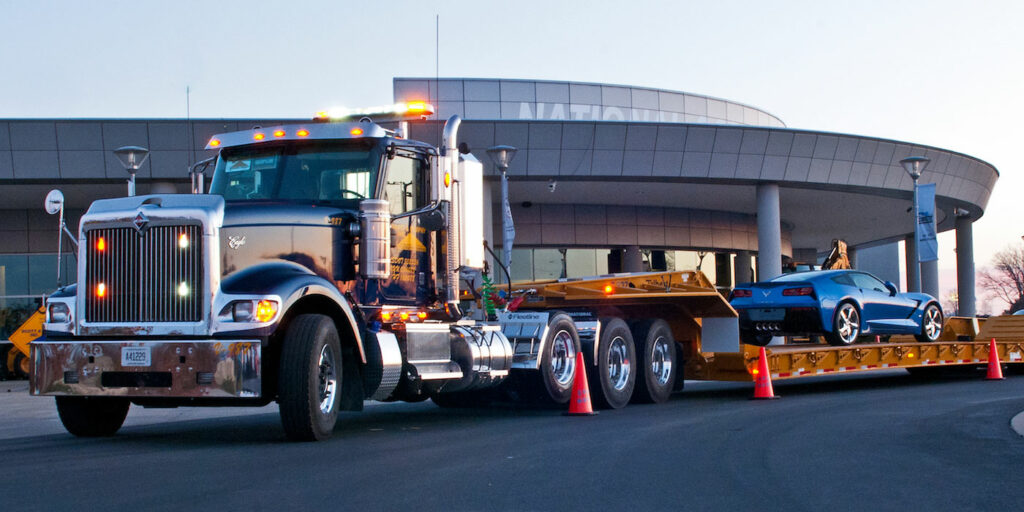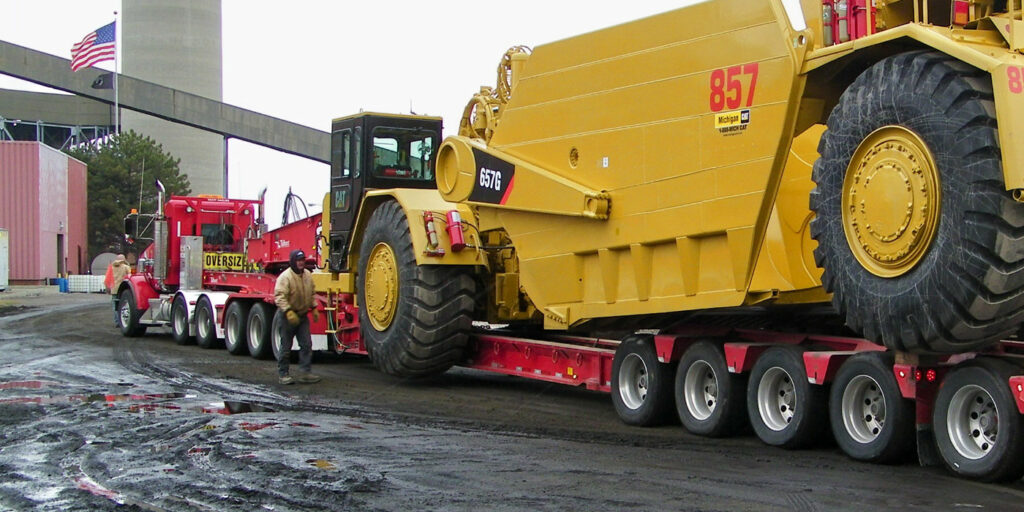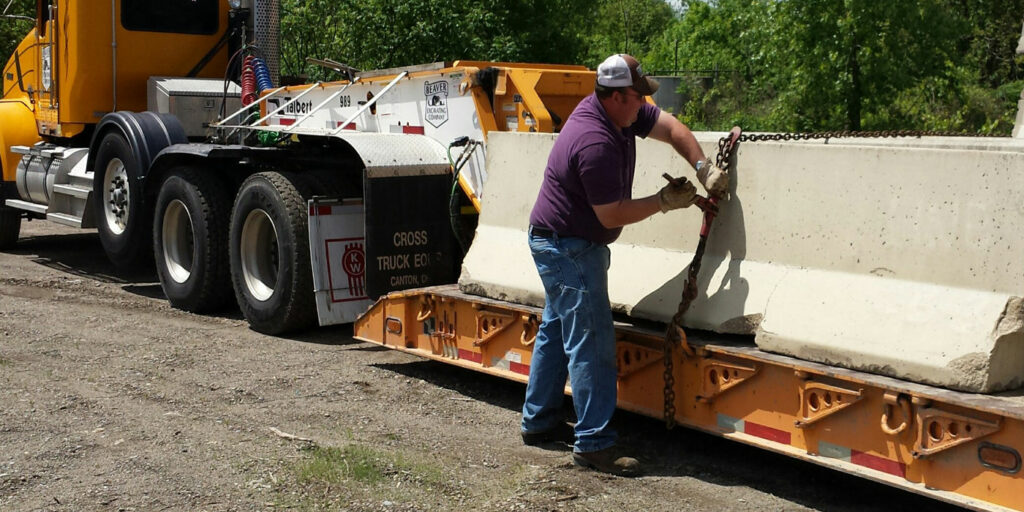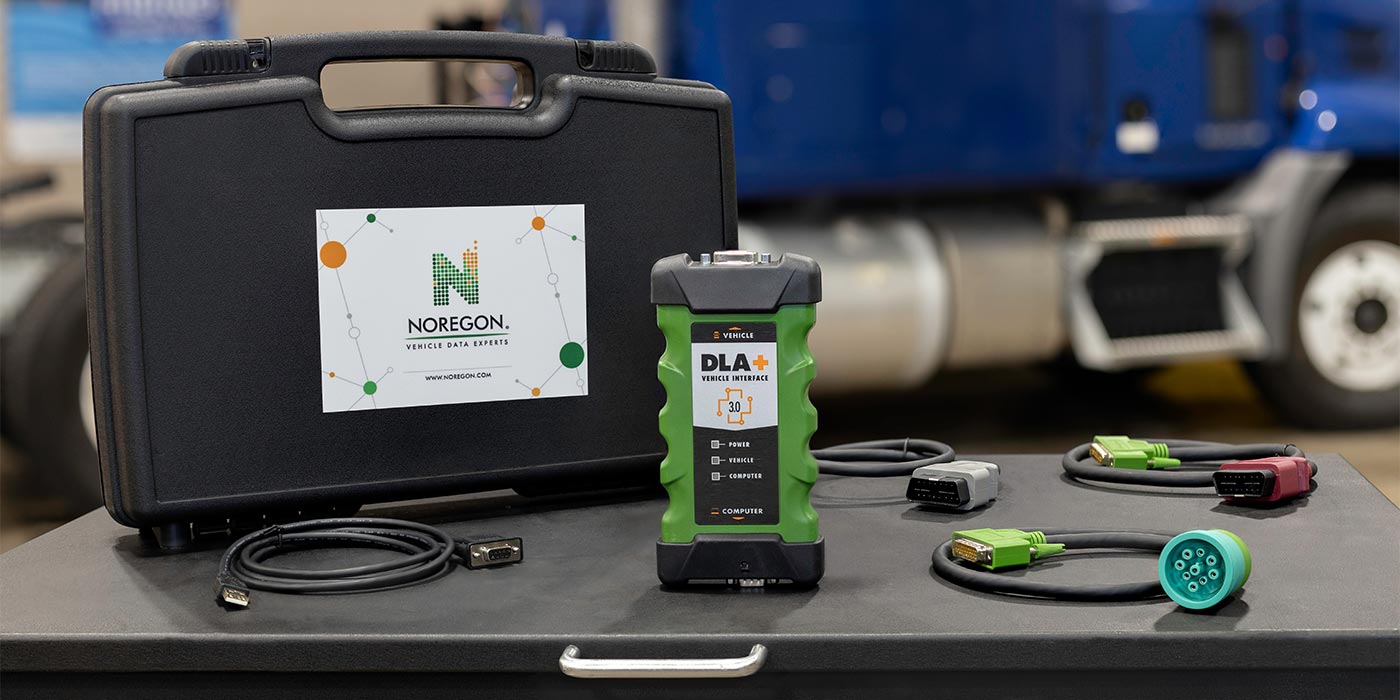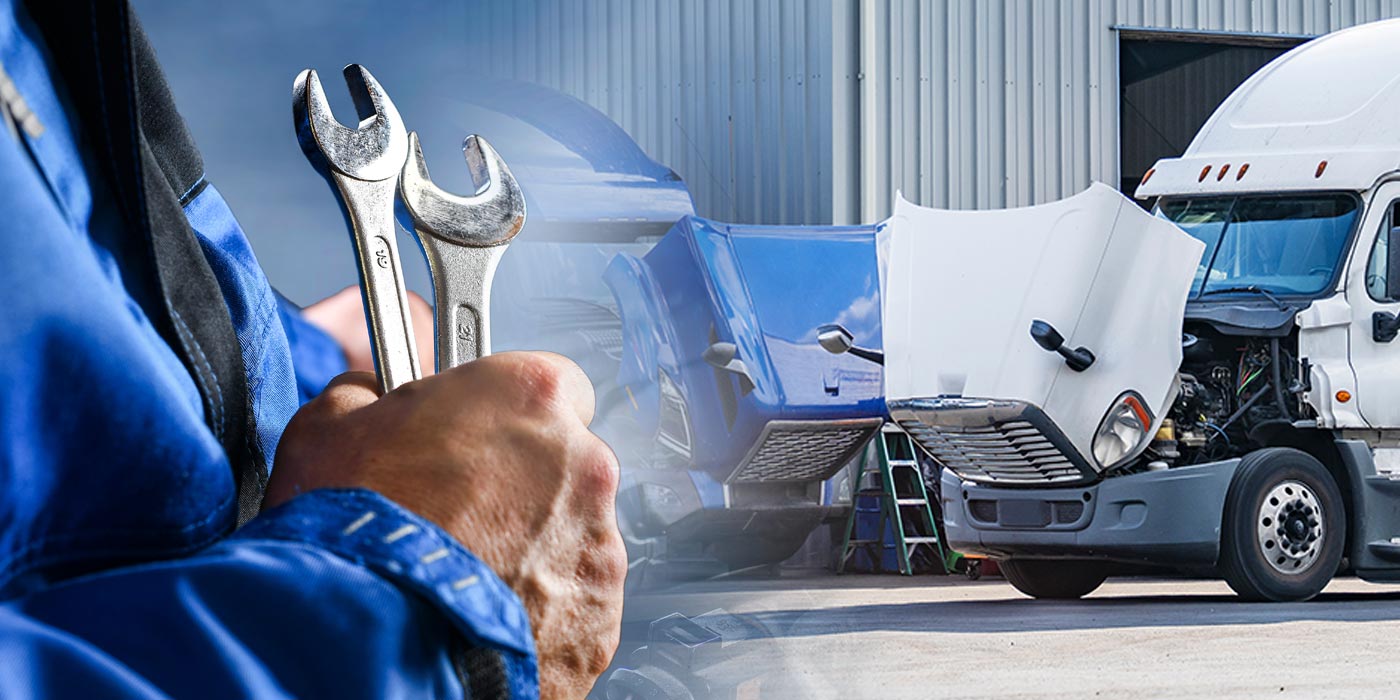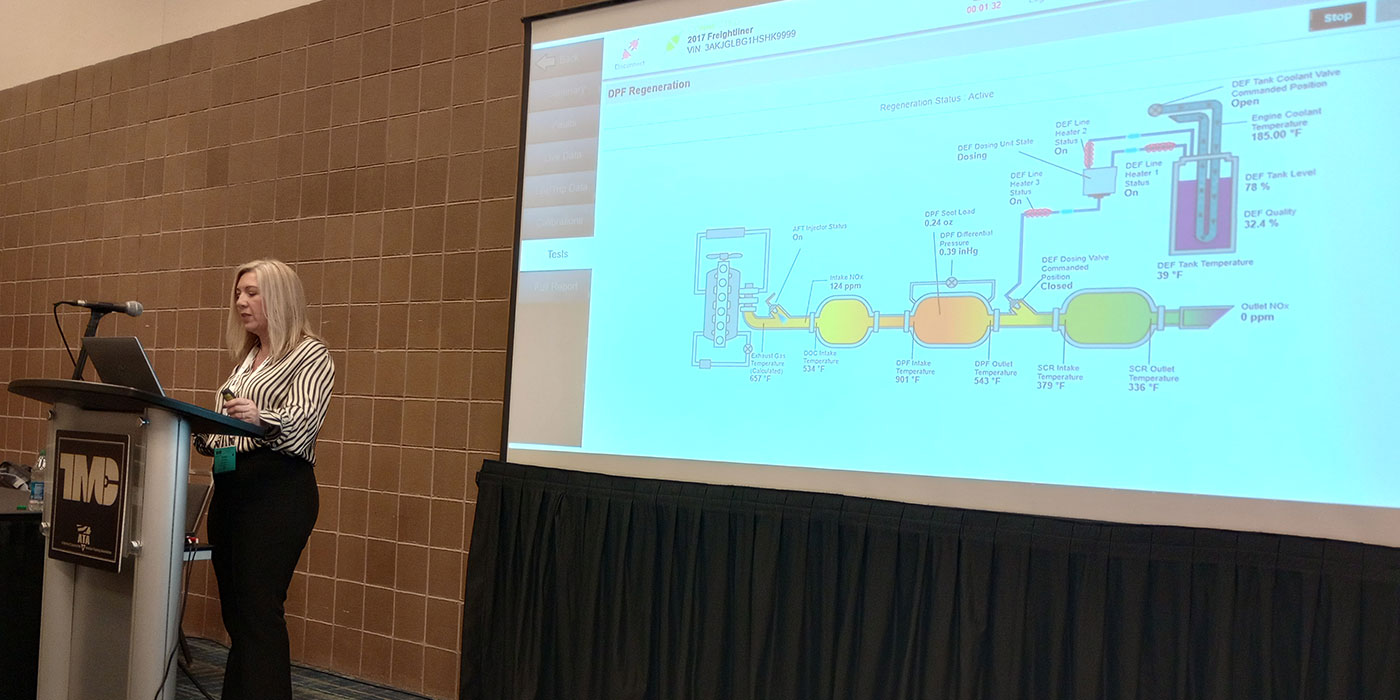Trailer safety is paramount, and that’s doubly so for heavy hauls that come with their own safety operation requirements. Staying on top of heavy haul trailer maintenance is foundational. For heavy haul trailer maintenance advice, Fleet Equipment caught up with Troy Geisler, vice president of sales and marketing, Talbert Manufacturing, manufacturer of specialty and heavy haul trailers.
Fleet Equipment (FE): In the heavy-haul space, what are the standard must-do preventative trailer maintenance procedures?
Geisler: The key to effective, long-term preventative trailer maintenance is not necessarily a checklist of tasks — though those can be a useful tool in an overall maintenance program. Rather, create a routine around maintenance so that it becomes second nature for every operator, technician and employee.
It starts with investing in high-quality trailers that minimize maintenance requirements from the outset. Well-constructed units with quality components, such as heavy-duty T-1, 100,000-psi minimum yield steel and premium primer and paint options, might cost a little more initially, but provide long-term dependability that reduces overall maintenance.
Additionally, look for trailers designed for easy maintenance. Keeping up with tasks like replacing bushings and axle seats is much less of a hassle for your technicians if these wearables are easy to access. Solid clamp-in bushings offer an extended life over slotted designs and easy replacement that doesn’t require an expensive press. Extra-long, contoured axle seats reduce stress on the weld and provide a strong connection without the need of added U-bolts. Additionally, look for cylinders that are mounted parallel to the ground which can be replaced in a matter of minutes, saving a significant amount of time and effort over the life of the trailer.
Building a solid maintenance foundation also requires communication and detailed record keeping. Here’s where those checklists come in handy. Every operation is different, so design a maintenance program and schedule that fits your specific needs. For example, if you trailers need to be on the road all the time, you’ll want to ensure operators run through a thorough pre- and post-trip inspection to catch signs of wear or damage quickly, so you don’t risk unscheduled downtime. Keeping detailed records of these inspections and other preventative maintenance, including inspections of wearable items and structural observations, will optimize efficiency and keep small issues from becoming larger headaches down the road. Putting proper procedures in place will keep appropriate personnel accountable for performing the maintenance when needed.
Be sure to keep the lines of communication open between operators, technicians and management to ensure everyone is on the same page when it comes to maintenance requirements, and make sure anyone performing maintenance is properly trained.
FE: How might trailer service vary based on the load that’s being hauled?
Geisler: A comprehensive preventative maintenance plan won’t change much from one load to the next. Every haul should start with a pre-trip inspection. Thoroughly check the trailer body and system for signs of damage or wear. This includes breaks, tires, suspension, electrical and cylinders, as well as the deck, gooseneck and other components.
Ensure tires are properly inflated to the right psi. Underinflated tires are one of the biggest culprits of premature ware, so keeping them properly inflated will increase longevity and boost fuel efficiency. Some top-tier manufacturers offer automatic tire inflation systems that make this important task easier for more efficient maintenance and increased peace of mind.
Confirm hydraulic hoses are free from cracks or damage, as well. If you’re operating a detachable or rear-load model, be sure hydraulic pressure is correct even on self-contained and wet lines.
Preforming a pre-trip walk around can quicky reveal damage to the frame and lash rings. Make sure to inspect chains, binders, straps or other tie downs, as well — those securing the load and any spares stored on the trailer. Look for cracks, fraying, weak links or other signs of wear that might require replacement.
Additionally, ensure hydraulic cylinders are fully retracted when not in use. This minimizes the exposure of the stainless-steel ram to the elements for maximum longevity.
Finally, ensure wheel-ends are properly lubricated to minimize wear and prevent gear oil leakage. Brakes, cams and slack adjusters need to be lubricated as well. For lighting connections, electrical components, lights and lighting harnesses, use dielectric grease to reduce corrosion.
FE: Talking seasonal maintenance, what needs extra attention?
Geisler: As you prepare for a busy hauling season, it’s important to conduct a thorough trailer inspection — nose to rear and top to bottom. Proactively address any maintenance concerns to ensure a smooth start to the season.
Plan ahead to be sure you have an adequate stock of wear parts, such as valves, hoses, bulbs, cylinders and bushings. Pre-season maintenance is one situation where standardizing your fleet with a single manufacturer can help save energy and expense. If all your trailers use the same cylinders, for example, it makes ordering, stocking and installing parts much easier on your team.
To keep your fleet on the road and out of the shop, complete routine maintenance when required. Refer to manufacturer guidelines to ensure each trailer receives the attention it needs at the proper maintenance intervals.
FE: What daily checks are important for a driver to complete in heavy haul applications?
Ensuring the safety of operators and other motorists is paramount. Here again, operators can see long-term benefits by carefully considering the trailer’s safety rating during initial purchase. This tells the end user how much magnification of payload the trailer is designed to withstand when driving over bumps and chuckholes. It can range from 1.8 to 1 — no margin — to up to 2.5 to 1, an industry high. A trailer with a high rating helps ensure safety from the first mile.
Additionally, operators should never overload a trailer, as this can pose severe safety risks. Pay special attention to load concentration, or the length of the deck that can handle the rated capacity. While one trailer might need the entire 26 feet to be rated at 50 tons, another can handle that same weight in half the deck length. Since loads are rarely 26 feet long, these ratings give a more realistic indication of the concentrated loads the trailer will be able to handle.
Finally, make safety a top priority during every pre-trip inspection. In addition to inspecting the trailer body and systems for damage, operators should double check load securements to ensure everything makes it to the final destination intact.
A comprehensive maintenance plan is vital for keeping your equipment, employees and loads protected. Creating a maintenance routine that becomes second nature to your team will ensure from the yard on down the road, everyone pulls up safe and sound at the end of the day.

